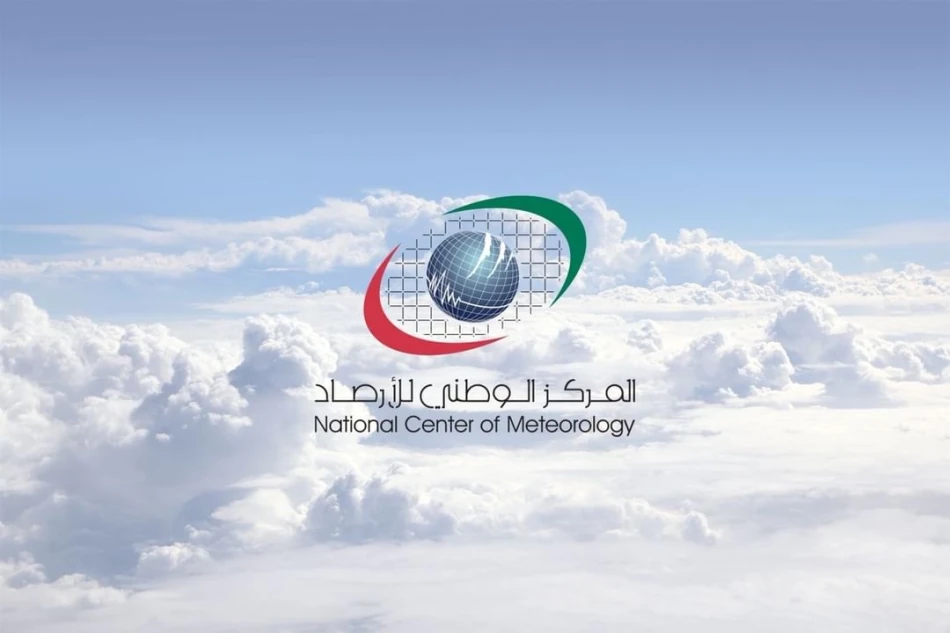
Tomorrow's Forecast: Partly Cloudy with Chance of Cumulus Buildups
UAE Weather Forecast Points to Regional Climate Patterns Amid Growing Economic Diversification
The UAE's National Center of Meteorology has issued a detailed weather forecast predicting partly cloudy conditions with potential rainfall in eastern regions, highlighting the country's sophisticated meteorological infrastructure that supports its position as a regional hub for aviation, logistics, and outdoor economic activities.
Tomorrow's Weather Outlook
According to the forecast, weather conditions will range from clear to partly cloudy, with cumulus cloud formation expected in eastern areas extending to some inland regions. These conditions may bring rainfall, while western areas will experience increased humidity during night hours and Sunday morning, with possibilities of light fog formation.
Wind patterns will vary from light to moderate speeds, occasionally becoming active to strong when accompanying cloud systems. These winds, originating from southeastern to northeastern directions at speeds of 10-25 km/h and reaching up to 50 km/h, may stir dust and sand, potentially reducing horizontal visibility.
Maritime Conditions Support Economic Activity
Arabian Gulf Waters
The Arabian Gulf will experience light wave conditions, with high tides occurring at 15:35 and 02:03, while low tides are expected at 08:37 and 19:49. These calm maritime conditions support the UAE's massive shipping and logistics operations through major ports like Jebel Ali.
Sea of Oman Forecast
Similarly, the Sea of Oman will maintain light wave conditions, with high tides at 11:16 and 22:38, and low tides at 17:16 and 05:12. These predictable maritime conditions are crucial for the country's eastern coastal economic activities and fishing industry.
Economic Implications of Weather Monitoring
The UAE's investment in advanced meteorological services reflects its broader economic strategy. Accurate weather forecasting is essential for the country's aviation sector, which serves as a global transit hub, and supports outdoor construction projects that continue year-round as part of massive infrastructure development.
Unlike many regional economies that slow during weather uncertainties, the UAE's diversified economy—spanning tourism, logistics, finance, and technology—relies heavily on precise weather data to maintain operational efficiency. This meteorological precision supports everything from flight scheduling at Dubai and Abu Dhabi international airports to planning major outdoor events that attract international business.
Regional Weather Patterns and Strategic Planning
The forecast's detail level demonstrates how Gulf states have moved beyond oil-dependent planning to embrace data-driven decision making across sectors. While countries like Saudi Arabia and Qatar are developing similar capabilities, the UAE's meteorological infrastructure represents a competitive advantage in attracting weather-sensitive industries and maintaining its reputation for operational reliability.
The ability to predict and communicate detailed tidal information also supports the UAE's growing maritime economy, including its emergence as a regional hub for yacht manufacturing and marine tourism—sectors that require precise environmental planning.
Most Viewed News

 Sara Khaled
Sara Khaled






